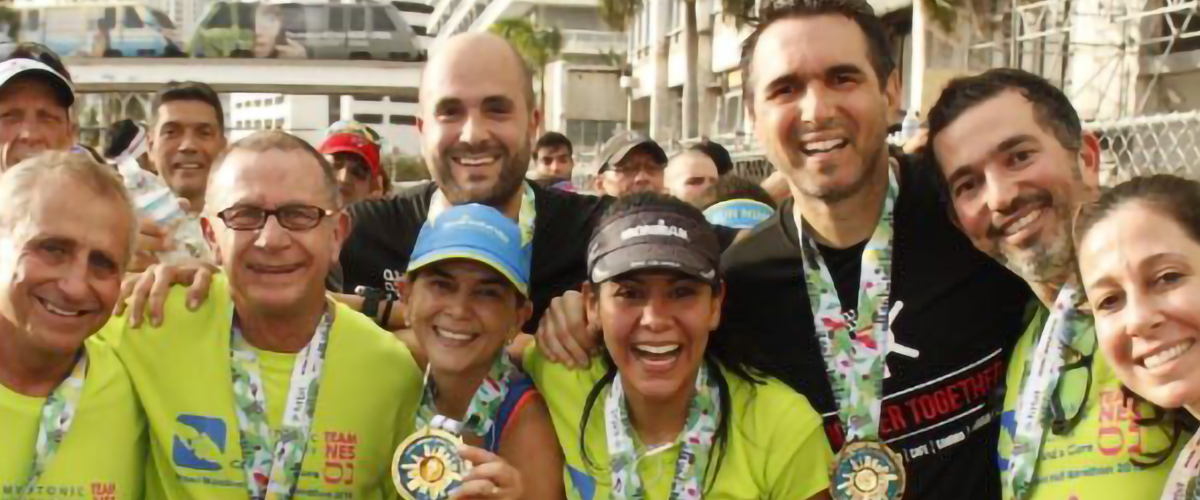Patterns:
-
DM2 is caused by the expansion of an unstable CCTG repeat sequence in intron 1 of the CNBP gene in chromosome 3q21.3. The normal number of CCTG repeats in this region is less than 28. Repeat numbers greater than 75 can be considered diagnostic of DM2.
Symptoms:
- Initial symptoms may relate to grip myotonia. Alternatively, myotonia may be inconspicuous, and the initial symptoms may involve weakness of muscles around the hips or shoulders.
- Common symptoms are difficulty standing up from a low chair, rising from the ground or a squatting position, or climbing stairs. Reaching up or working with the arms overhead also may be difficult. People with DM2 often experience unusual fatigue with exercise.
- Muscle pain in the neck, back, shoulders, hip flexors, and upper legs may be a prominent symptom
- Through this inherited genetic anomaly, individuals living with myotonic dystrophy type 2 can experience varied and complex symptoms, including:
- Pain
- Skeletal muscle problems
- Muscle weakness and cramping
- Heart complications
- Breathing difficulties
- Digestive problems
- Excessive daytime sleepiness
- Early cataracts
- Hormonal imbalances
- Speech and swallowing difficulties
- Diabetes
- Immune system responses
- Impaired vision
- Cognitive difficulties
Diagnosis:
-
Discuss the following tests with your doctor:
-
While DNA testing for DM2 is now widely available, there are many potential pitfalls in interpreting the results without help, making genetic counseling a useful part of the diagnostic process. A diagnosis of DM2 in one person in a family has implications for other family members, giving rise to questions about whether or not the affected person should tell family members who show no symptoms and then whether or not those family members should be tested.
-
Diagnosis of DM2 in a presymptomatic person can have important implications for health monitoring and family planning, but it can also raise the possibility of difficulty in obtaining certain types of insurance or encountering prejudice in the workplace.
-
Treatment:
-
Consider a referral to genetic counseling services or a neurologist with expertise in DM2, even for those who do not intend to have children.
-
Review pedigree annually. Genetic counseling should be repeated when new information or circumstances change the risks for family members.
-
Help mutation carriers inform their close relatives of the possibility that they may also have inherited the risks and repercussions of DM2, even if they or their children are currently asymptomatic.

